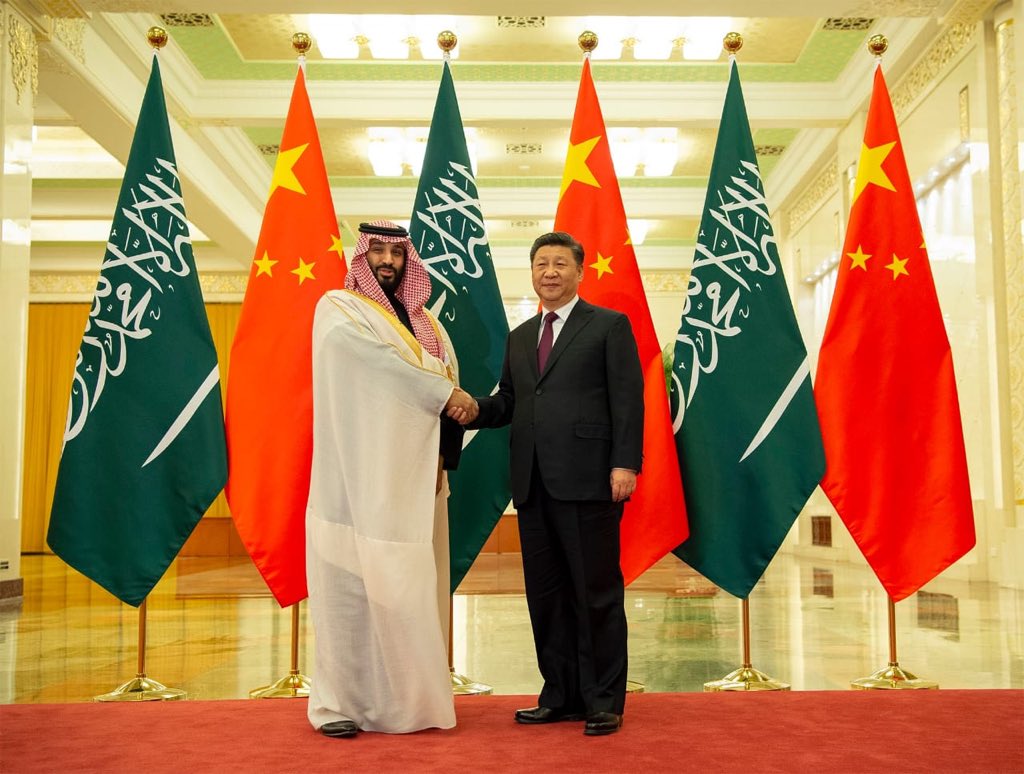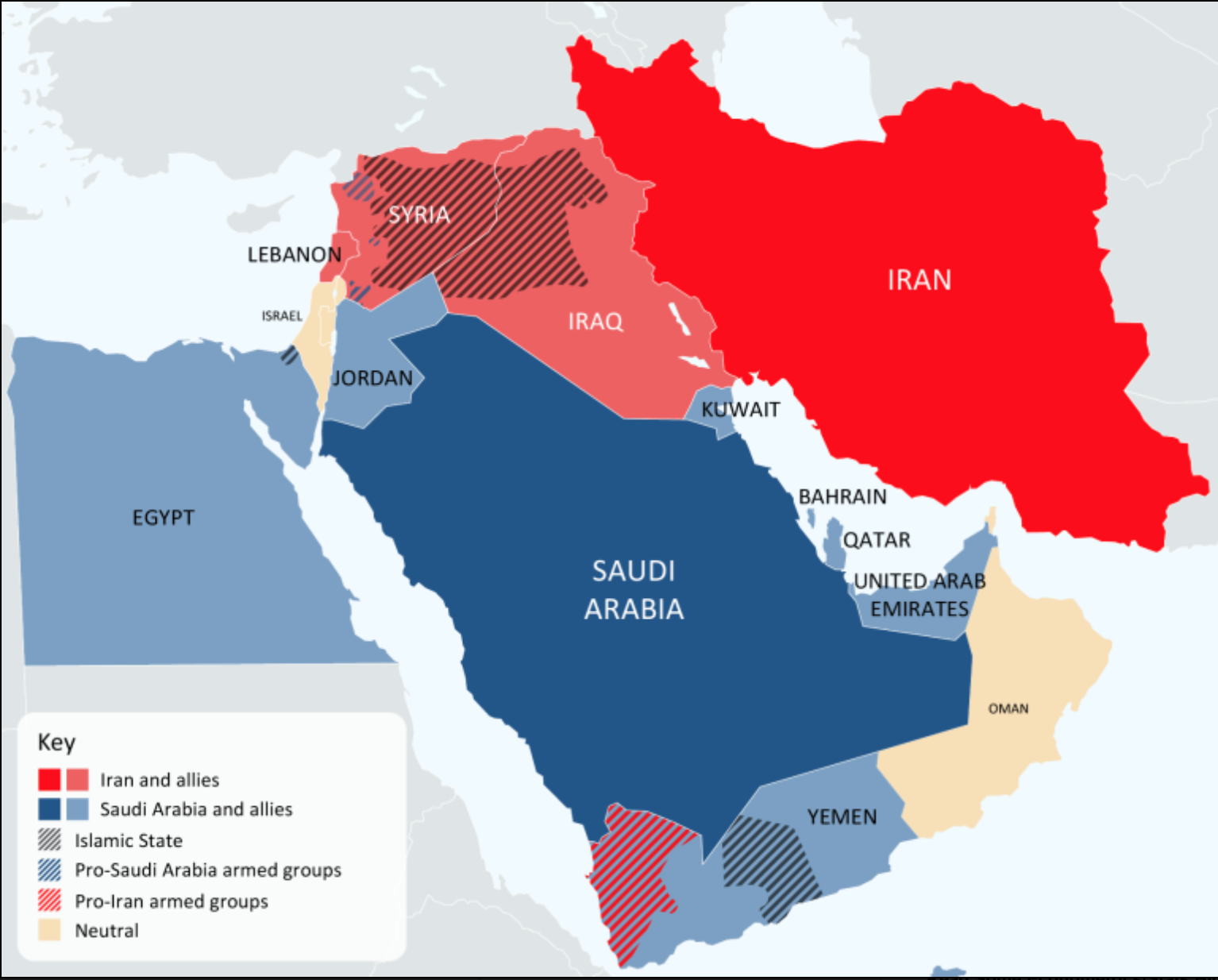Pakistan has always been dubbed as a ‘rentier state’ to the Kingdom of Saudi Arabia (KSA), but after Imran Khan’s ouster, the equation seems unstable.
Riyadh is believed to be unhappy with Imran Khan’s unceremonial exit in Pakistan and the role played by Washington. This was evident when Crown Prince Mohammed bin Salman Al Saud declined a phone call from US President Joseph Biden.
Earlier in April, CIA Chief William Burns paid an unannounced visit to Saudi Arabia. There were “warnings” to the Crown Prince to distance itself from China and denounce Russia over the war in Ukraine.
The US had, in a curt message, sought the release of the detainees of the royal family, particularly Muhammad bin Nayef who was a close partner of the US intelligence community.

American Threat
An insider’s account of Burns’ visit was uncovered in The Intercept, and if the account is to be believed, then Riyadh has been given a few shocks.
Saudi Arabia has been asked to increase its oil production in exchange for US military support to Riyadh against the Houthi rebels and also told not to sell oil to China in Yuan.
The other consternation to Washington is the KSA’s weapons purchase from China. US has also reportedly warned China and Russia not to make inroads into Saudi Arabia, which otherwise has been an ally of the US for the last seven decades.
The US has also called out Saudi Arabia over the secretive import of ballistic missiles from China under the’ Crocodile’ program. What is intriguing is the way Burns has been engaged in heavy-weight lifting on a job outside the CIA’s remit.
Perhaps, the message is to make an impactful resonance that if Saudi Arabia is not complying then the US might engineer a regime change after the ‘success’ in Pakistan, or maybe trigger a new Arab Spring, which would turn out to be an Arab Autumn instead.
The new dynamic also means that gone are the days when Saudi Arabia vented its ire on Pakistan, to have sided with Turkey in making a new Islamic bloc, an alternative to the Organization of Islamic Countries (OIC).

US Failure
This time Saudi Arabia seems to be undeterred by the US diktats and looks to revamp its policy, as, on May 9, King Salman and the Crown Prince congratulated Russian President Vladimir Putin on the anniversary of Victory Day, which marked the end of World War II.
The gesture was a direct message to US President Joseph Biden that Riyadh wants to develop its relations with Russia.
Just two years back in 2020, Saudi Arabia and Russia were engaged in an ‘oil war’ with each other, and today pushed by Biden’s policies, Riyadh looks set to buy weapons from Moscow and Beijing.
This turn in events suggests that the most obvious choice for Saudi Arabia is to join hands with China and Russia, who are far more capable of dousing the issues posed by the Houthi rebels.
The US is now uncomfortable as Xi Jinping is slated to visit Riyadh. This visit may also see the beginning of arms sales from China to Riyadh and the UAE.
The world will watch this visit with great interest as it would signal the ultimate shift in Saudi Arabia’s foreign policy. The Crown Prince has been candid to say that he does not care if Biden misunderstands him.
A new situation could unfold once the Russia-Ukraine war ends or maybe when the China-Taiwan war starts. What will be the next step the US would take?
- The writer is a former UP State Information Commissioner and writes on international politics.) VIEWS PERSONAL
- Mail us at: etdesk@eurasiantimes.com




